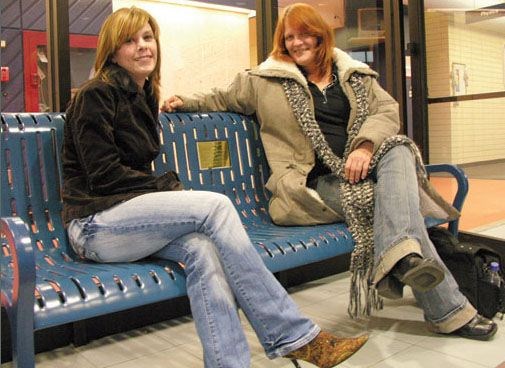A free college program aimed at giving marginalized people better access to education is seeing success.
The College of New Caledonia said 43 per cent of people in the street humanities program have applied for more classes.
The Association Advocating for Women & Children handles intake for the program, which will start up again in January.
"I have found that the students are often surprised to see what they are capable of," said Erin Guggenhiemer, who deals with the applications for AWAC.
Over the years students studied anthropology, biology, English, First Nations, history, visual art, psychology, math, business and sociology as part of the program.
"They learn to apply these new skills to all aspects of their lives and their self-esteem gets a huge boost," said Guggenhiemer in the CNC release.
"Many students continue their education, begin working in their chosen field and bring this knowledge and expertise back to their communities."
Not only are the classes free, but the funding from CNC and AWAC also covers meals, bus passes, books and supplies. It's a way to ease the transition into college life, helping students integrate and offering an educational and emotional support network.
CNC's administrative coordinator said the long-running program - more than 10 years old - has many success stories.
"The street humanities program aims to decrease barriers to education and to provide an opportunity for marginalized men and women to walk through the college doors as students," Kim Bennet said.



